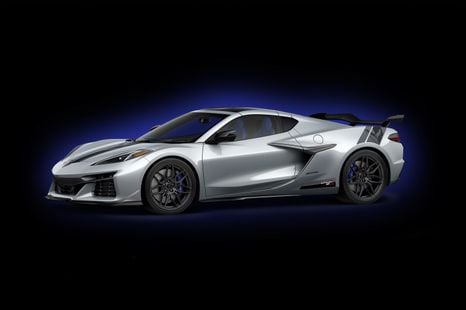

Damion Smy
Chevrolet Corvette Z06 Bathurst edition revealed for Australia
1 Hour Ago
The Australian car market is struggling in 2020, but a number of Chinese brands continue to grow their sales.

Contributor
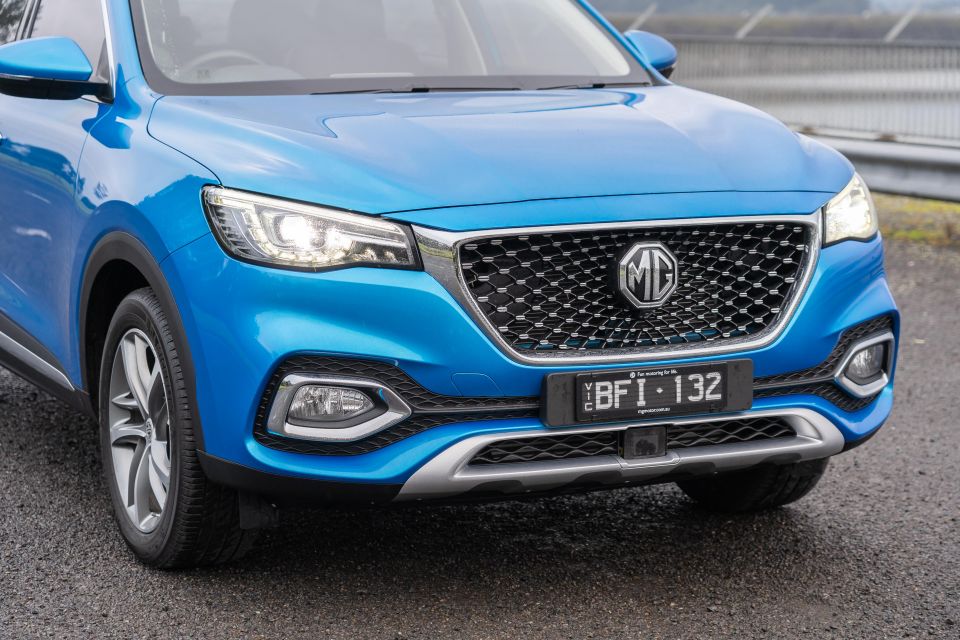

Contributor
The Australian car market suffered through another tough month in July, as carmakers battle economic challenges and the COVID-19 pandemic.
However, a number of Chinese brands have defied the downturn throughout 2020 and continued to do so in July.
Although coming off a low base, MG and Haval both recorded strong results.
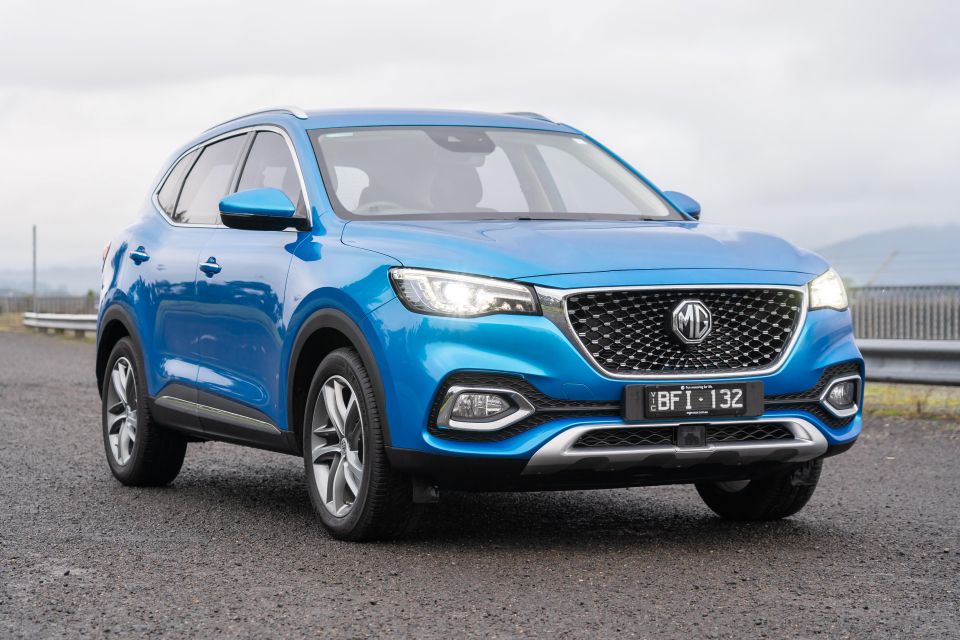
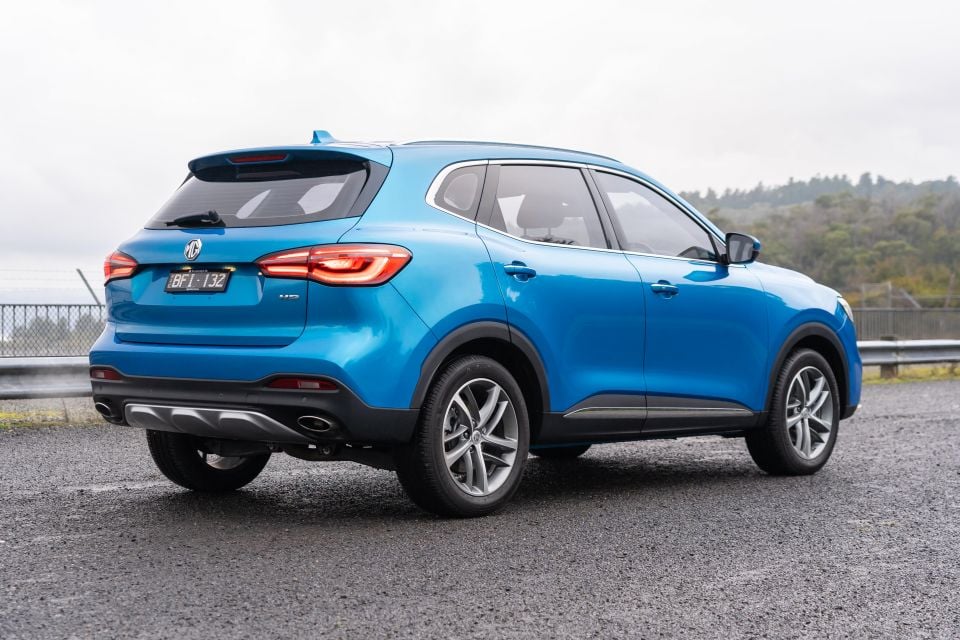
MG is now arguably the best-known Chinese carmaker in the country, and is going from strength-to-strength at the bottom end of the range with the MG 3, and in the booming SUV market with its ZS and HS crossovers.
With 1115 cars registered in July, the brand’s sales jumped 58.8 per cent compared to the same month in 2019.
The MG 3 light hatchback was the star accounting for 571 sales, more than half of MG’s total volume. It actually topped the rapidly-shrinking Light car class, outselling the Suzuki Swift (369), Volkswagen Polo (365), and Kia Rio (334) in the process.
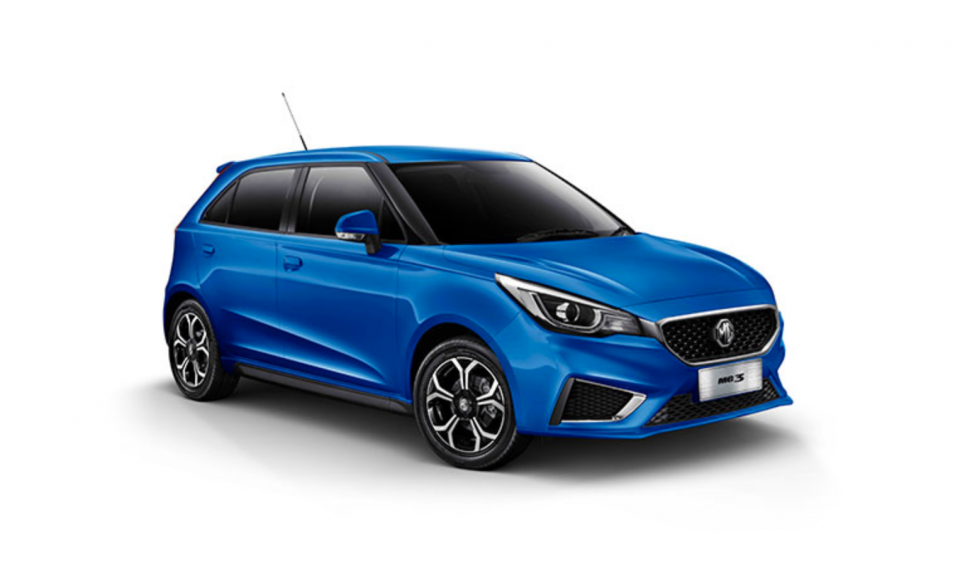
As rivals have moved upmarket, with steeper prices and more standard equipment, the MG 3 has a starting price of $16,690 drive-away before a $555 cash back.
It misses out of autonomous emergency braking, blind-spot monitoring, however there are still niceties such as a reverse camera, rear parking sensors, and regular cruise control.
The Kia Seltos-rivalling MG ZS continues to perform strongly before a more highly-featured, facelifted ZS T joins it in the range, while the new HS has already jumped lesser-known rivals such as the Peugeot 3008, Skoda Karoq, and the almost-dead Holden Equinox.
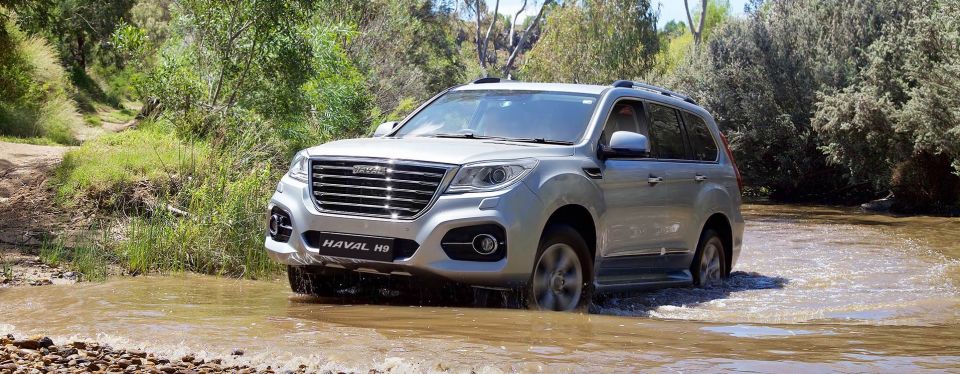
Chinese rival Haval is coming off an even smaller sales base than MG, but continues to grow. It delivered 335 cars in July, up 139 per cent on the same month in 2019.
It’s currently up 105 per cent on 2019 based on year-to-date sales, and actually outsold BMW in July.
The Honda HR-V and Hyundai Kona-rivalling H2 almost tripled its sales compared to July 2019, while the large H9 incrementally increased its volume.
Sitting between the two is the H6, which found 80 homes in July 2020 compared to just 46 in 2019.
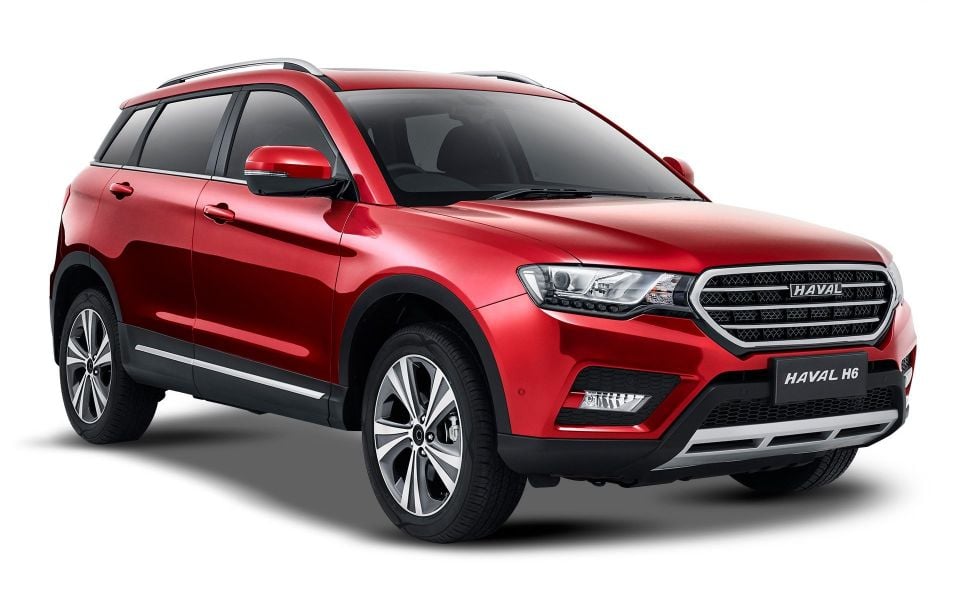
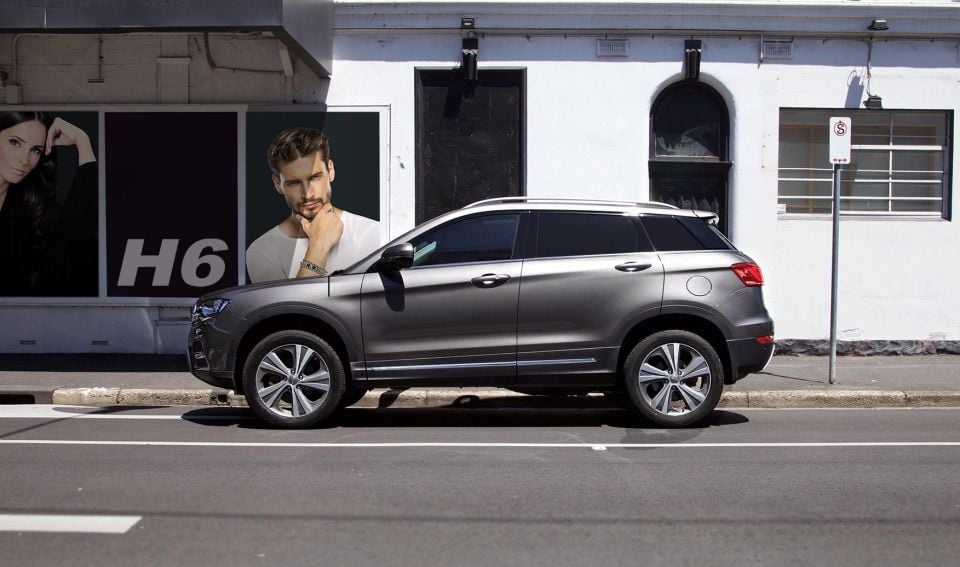
The leap isn’t as dramatic but LDV has sold 3885 cars to date in 2020, up from 3646 at the same time in 2019.
Ute rival Great Wall has grown sales from 788 to 994 compared to the equivalent time in 2019, too.
Both LDV and Great Wall are preparing to welcome significantly upgraded new utes to their ranges, both of which will help drive growth when they touch down.
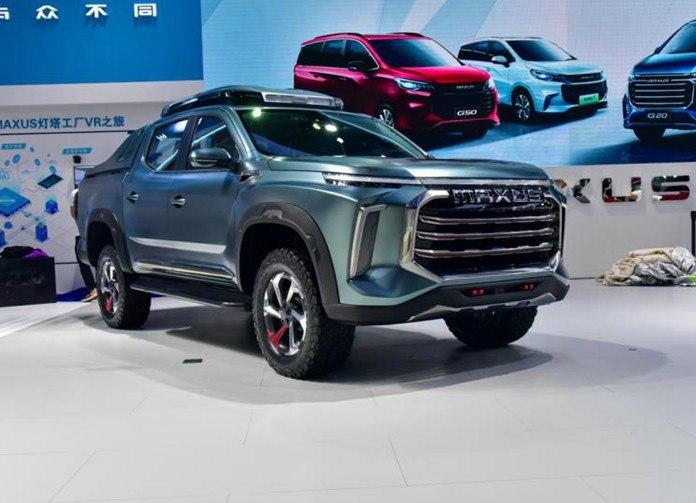
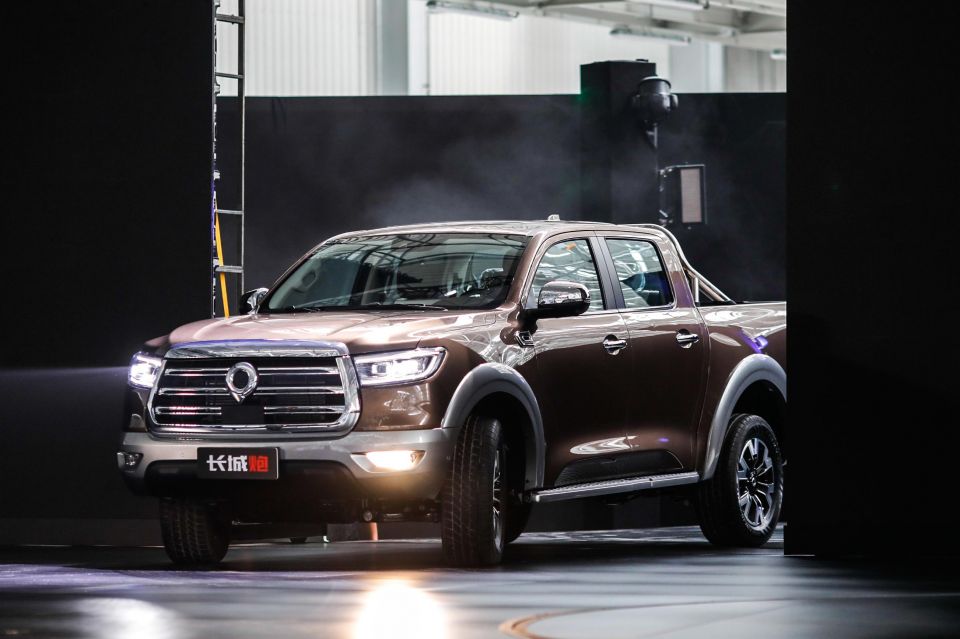
Although rapidly-improving product and a more accepting Australian public are both playing a role in the growth of Chinese vehicles, supply is another factor.
The COVID-19 crisis has hit carmakers hard, forcing many to slow down or entirely stop production in some places. Land Rover is one brand which has been crippled by poor supply, while it’s hard to believe BMW’s dramatic sales slide in July wasn’t at least partially related to a lack of stock.
If brands such as MG and Haval can maintain consistent stock levels, they’ll be halfway to beating the tough market conditions. After all, to sell someone a car, first you need a car to sell.
“I think supply’s going to be inconsistent for the majority of manufacturers, and you’ll see some ups and downs in regards to market. It’ll be an interesting six months,” Kia Australia COO Damien Meredith has previously told CarExpert.
Scott Collie is an automotive journalist based in Melbourne, Australia. Scott studied journalism at RMIT University and, after a lifelong obsession with everything automotive, started covering the car industry shortly afterwards. He has a passion for travel, and is an avid Melbourne Demons supporter.


Damion Smy
1 Hour Ago
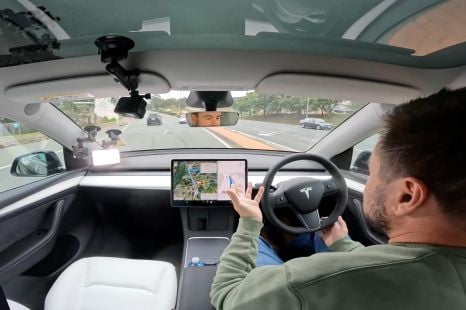

William Stopford
2 Hours Ago


CarExpert
3 Hours Ago
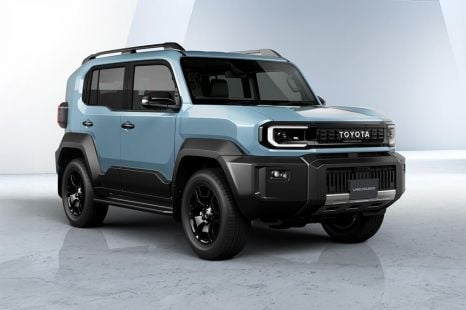

Damion Smy
3 Hours Ago
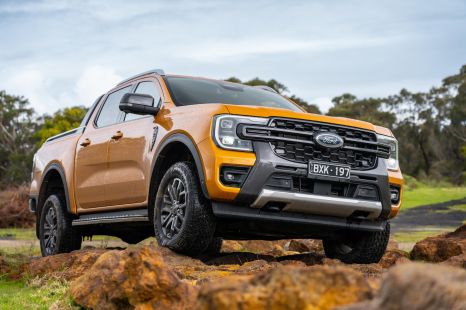

William Stopford
4 Hours Ago
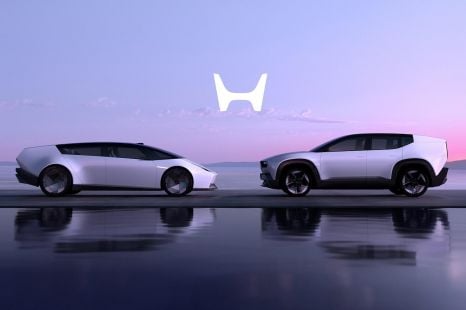

Derek Fung
8 Hours Ago
Add CarExpert as a Preferred Source on Google so your search results prioritise writing by actual experts, not AI.